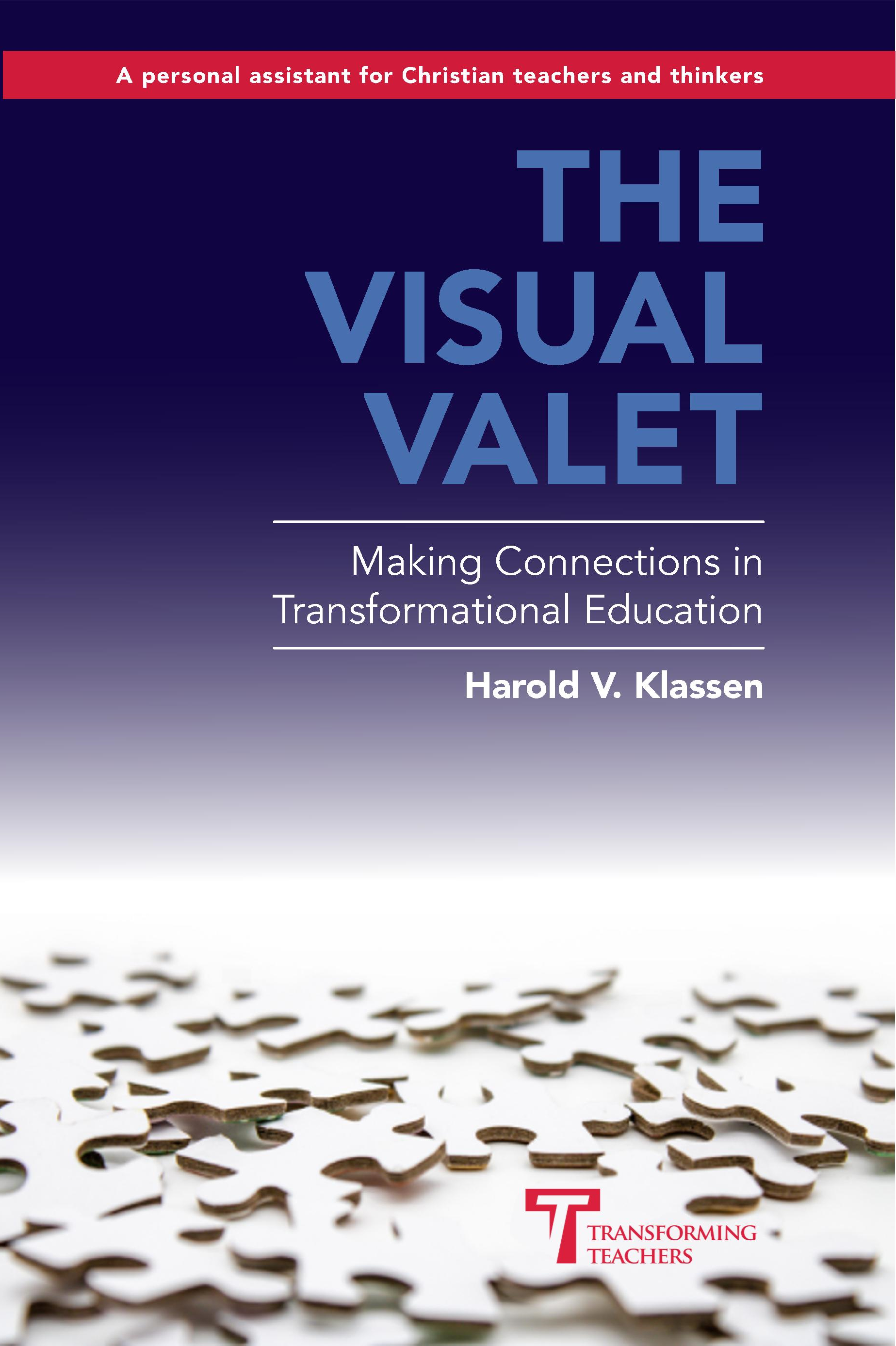 Connecting the study of God’s world with God’s Word, the Bible, doesn’t happen automatically even with the best intentions. However, Biblical integration or faith in learning isn’t impossible. The Visual Valet can help you make connections in a way that transforms you and those you teach. Teaching Christianly is not easy, but this visual organizer will help you remember critical principles and wisely apply new practices. It is written from a classroom teacher’s perspective, but this book will be helpful for informal to formal teachers, parents to pastors, who are interested in relating all of life and learning to God and His Word.
Connecting the study of God’s world with God’s Word, the Bible, doesn’t happen automatically even with the best intentions. However, Biblical integration or faith in learning isn’t impossible. The Visual Valet can help you make connections in a way that transforms you and those you teach. Teaching Christianly is not easy, but this visual organizer will help you remember critical principles and wisely apply new practices. It is written from a classroom teacher’s perspective, but this book will be helpful for informal to formal teachers, parents to pastors, who are interested in relating all of life and learning to God and His Word.
The first edition has been available in PDF format for almost 20 years and as a Kindle book more recently. However, the second edition renews the illustrations and cover with some rearranging of the content to make it more accessible. This is the first time that you can order a copy of the book in paperback.





 By Harold Klassen
By Harold Klassen